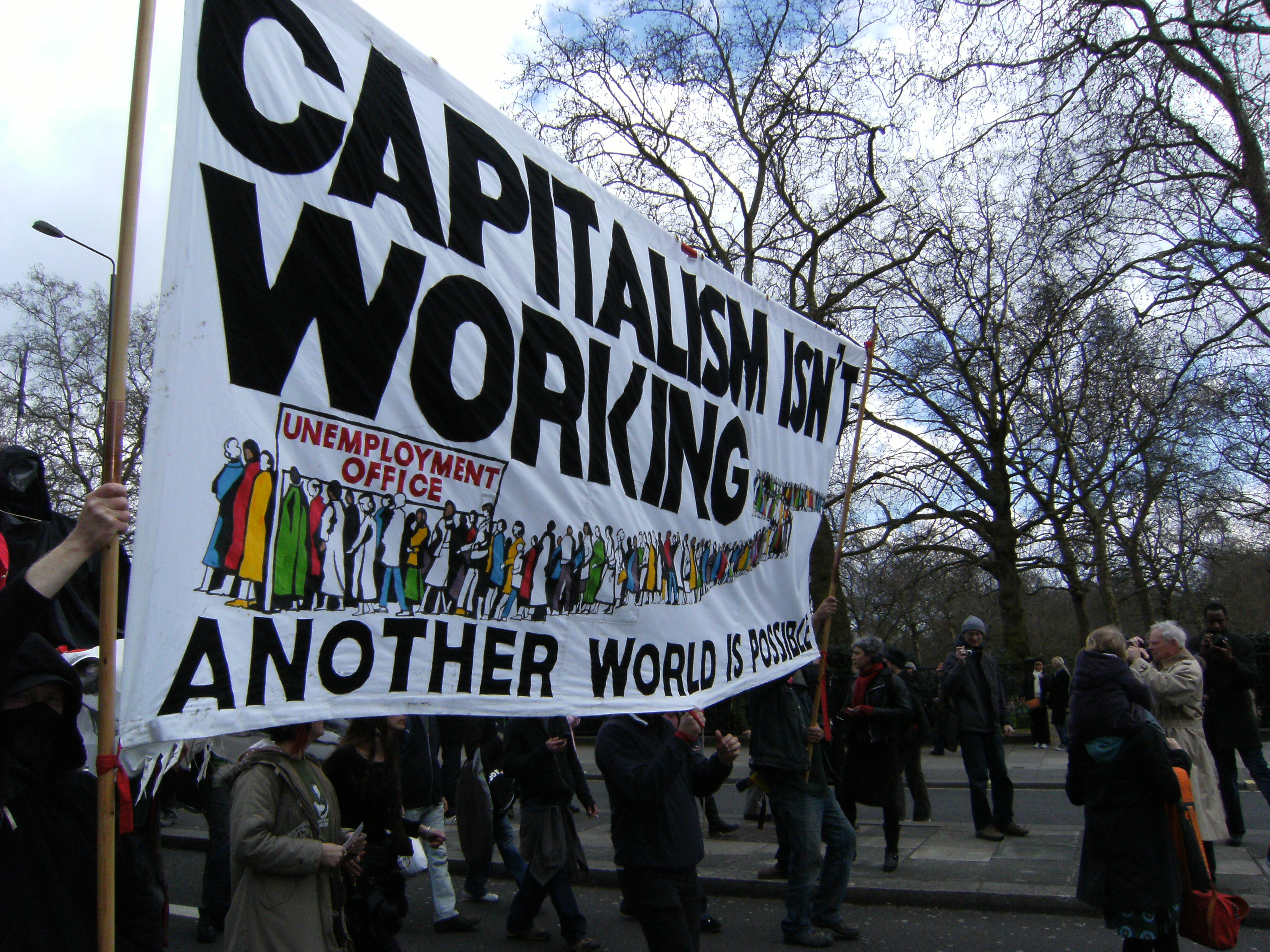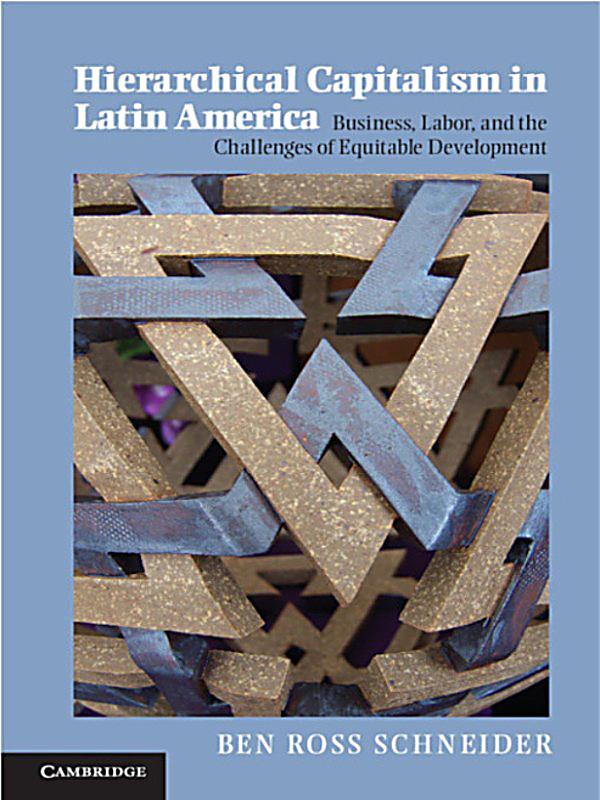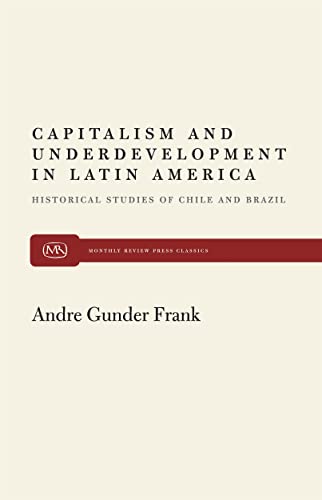


The term “capitalist”, meaning an owner of capital, appears earlier than the term “capitalism” and it dates back to the mid-17th century.”Capitalism” is derived from capital, which evolved from capitale, a late Latin word based on caput, meaning “head”—also the origin of “chattel” and “cattle” in the sense of movable property (only …
The term “Latin America” primarily refers to the Spanish and Portuguese-speaking countries in the New World.Before the arrival of Europeans in the late 15th and early 16th centuries, the region was home to many indigenous peoples, a number of which had advanced civilizations, most notably from North to South; the Olmec, Maya, Muisca …

History of Latin America: History of Latin America, the history of the region from the pre-Columbian period to the 20th century.
Jul 12, 2015 · Having returned to his native Latin America, Pope Francis has renewed his left-leaning critiques on the inequalities of capitalism, describing it as an underlying cause of global injustice, and a prime cause of climate change.
China has the largest economy in the world, larger than France, Germany, and Italy combined. By 2025 the Chinese economy should be 60 percent larger than that of the United States. 1 The emergence of China is representing a significant change in the distribution of global economic might, one that

Capitalism is an economic system whereby capital goods are owned by individuals or companies.
For the first time in decades, Cuba has a leader who is not a Castro – but don’t expect big changes.

Capitalism: Capitalism is an economic system, dominant in the Western world since the breakup of feudalism, in which most means of production are privately held and production, prices, and incomes are determined by markets.
Despite the economic downturn, Latin America is a market retailers have to pay attnetion to. It’s one of the top regions in the world for e-commerce growth, and those retailers that build out their e-commerce operations now will be in the best position to grab market share when the economy rebounds
Urban growth is a worldwide phenomenon which can been linked directly to the growth of capitalism. Latin America, as we currently know it, was formed by




